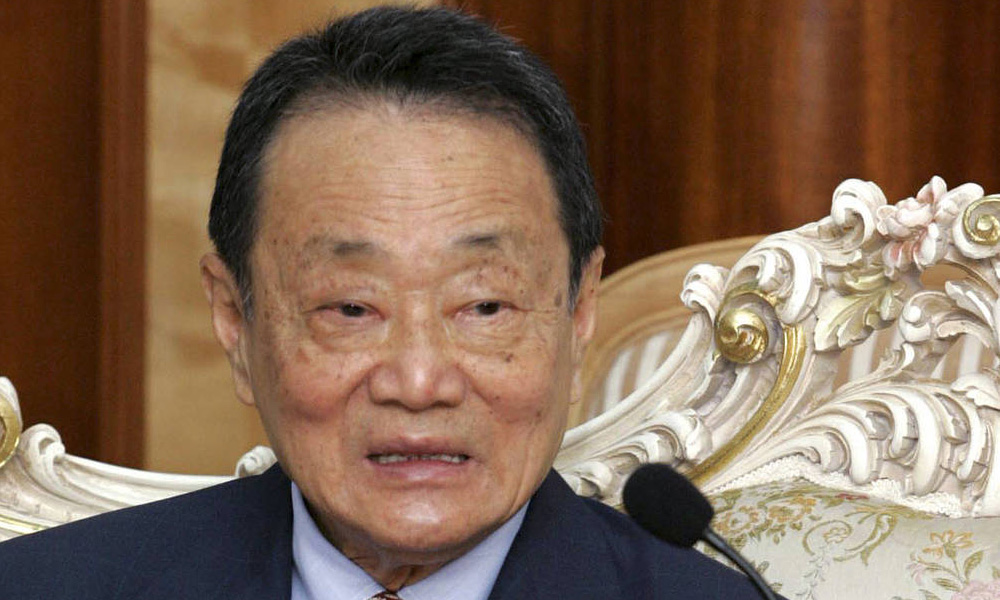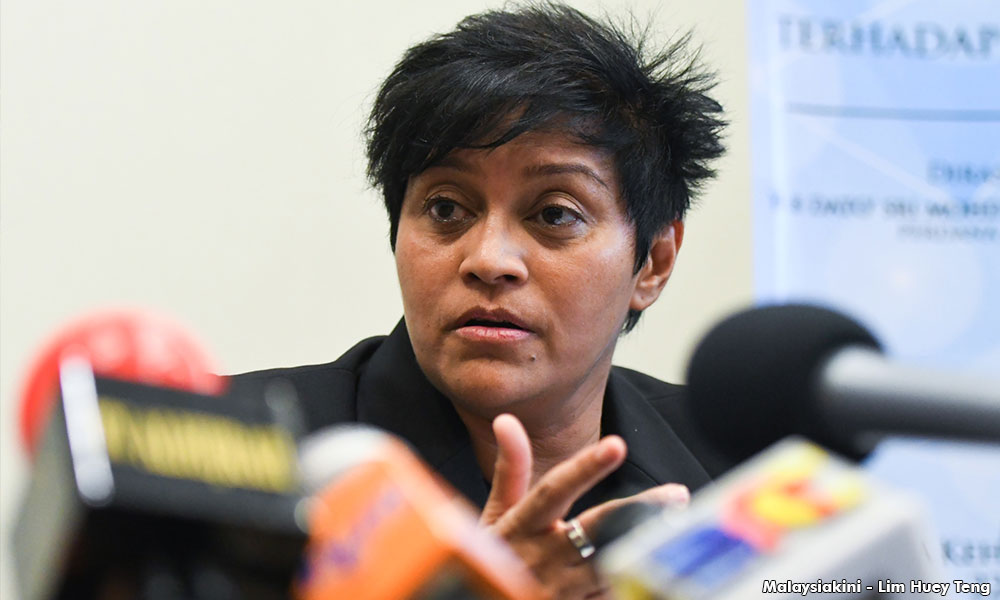
Ministers are supposed to represent the best we have to offer when it comes to managing national affairs. When ministers speak, the world ought to listen. Malaysians want to be proud of their leaders, if only the leaders would let them.
The first step is for ministers to speak simply and clearly, using the correct terms to describe whatever idea or message they want to convey. They must use words as understood by the majority of us.
Ministers must certainly not embarrass Malaysians by using terms or expressions in ways that even a rudimentary education will not permit.

Just the other day, our very senior Minister Mohamed Nazri Aziz responded to a view that tycoon Robert Kuok (photo) published in his recent biography. In the book (I am paraphrasing), Kuok said that Malaysia was going backwards mainly because of the government’s preference for a Malay-first policy rather than merit and ability.
Nazri said that the “political reality” would make a proposal for meritocracy impossible to implement. That’s acceptable, although debatable. However, he went on to say that Kuok made “a fair comment”.
How is a view that is impossible or politically unreal (according to Nazri) also “a fair comment”? I’m sure Nazri didn’t mean “fair comment” in the legal sense when it is applied to defamation — that wouldn’t be appropriate to the context of what Kuok said — but I wonder if he really knows what the phrase means.
He also doesn’t seem to understand the difference between what is “legal” (or “illegal”) and what is “constitutional”: he said that it was unconstitutional not to allow the tudung to be worn at one’s workplace.
The proper word is “illegal”, provided we have a law that gives an employee the right to wear the tudung regardless of the view of the employer and any condition of service. As far as I know, we do not have such a law, so it’s not correct to say that it’s “illegal” (let alone “unconstitutional”) for a business not to allow an employee to wear the tudung.
Perhaps the way to go about this is for Parliament to enact a law making it mandatory for all Muslim women, regardless of age, to wear the tudung. This, however, might be even more of a problem for Nazri because Rosmah Mansor might not be in favour of it.

And then there is Dr Asyraf Wajdi Dusuki (photo) — the deputy minister who recently gained notoriety for saying that it was “unconstitutional” for a Malaysian to be an atheist, and that atheism was against the law. He even said that the Sedition Act could be used against atheists.
In the first place, when we make reference to “constitutionality” we usually refer to our country’s laws and regulations to see whether they conform to the Federal Constitution.
You don’t ascribe “constitutionality” to a belief system or personal conduct. When you drive on the wrong side of the road, for example, you don’t say that it’s “unconstitutional”. You say it’s “illegal” because traffic laws make such conduct illegal.
Belief and conduct can be legal or illegal depending on the laws we have enacted. If Asyraf Wajdi wants to send an atheist to jail, Parliament must first enact a law prescribing that a person commits an offence if he or she does not believe in God.
In Malaysia, it is not — and has never been — an offence for anyone to believe in a hundred Gods or no God at all.

Lastly, we have our de facto Law Minister Azalina Othman Said (photo) who used the word “unconstitutional” when withdrawing Section 88A from the Law Reform (Marriage & Divorce) (Amendment) Bill that was passed in August this year.
When a bill is presented to Parliament, everything contained in it must be checked by the attorney-general, otherwise, it cannot be submitted to Parliament in the first place (unless of course, the attorney-general is grossly negligent, which is possible).
If the government wants to withdraw a bill or a specific provision at the last minute (perhaps because it fears that PAS and other Islamists will have a bad reaction to the amendment), then Azalina just had to say that the government was not yet ready to turn it into law.
Ministers should not manufacture false reasons like “unconstitutionality”. Doing so damages their credibility. Being honest is always better.
Whether a law is constitutional or not is for the court to decide, not a minister, speaker or the attorney-general. Just because a provision appears to go against a certain article of the Constitution (or just because it seems to be contrary to a decision of the Federal Court) doesn’t make it unconstitutional.
If passed by Parliament that day, Section 88A would have become valid law. It’s misleading for a law minister and a senior minister to describe a provision as “unconstitutional” when the court has made no such declaration.
Using the right word and expression will go a long way for Barisan Nasional leaders to have a chance in the coming general election, but it’s just a basic standard of competence that we should all expect of our government.- Mkini



No comments:
Post a Comment
Note: Only a member of this blog may post a comment.